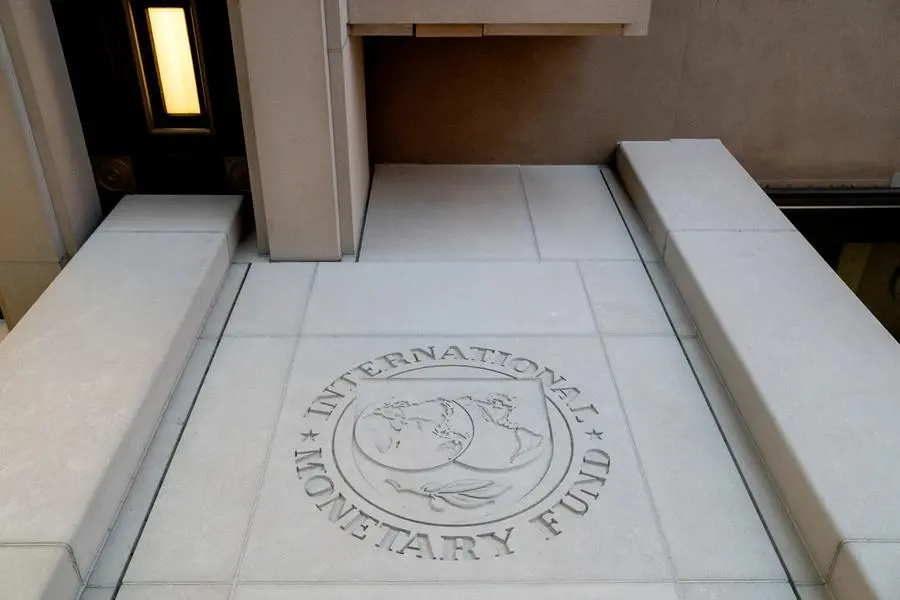PHOTO
The IMF Mission Chief to Kenya Haimanot Teferra has said the global lender is happy with President William Ruto's new tax measures - that have sparked nationwide riots - as they will boost domestic revenue.
The IMF approved almost $1 billion for Kenya on July 18, saying the East African country had met conditions for continued financing under programs to help reform the economy and confront challenges posed by climate change.
Since his election less than a year ago, Ruto’s administration has focused on raising more revenue and promised to reduce borrowing, as debt servicing costs take up more than half of tax income.
The new Finance Act aiming to raise revenue through additional taxes was signed into law by Ruto in June. This triggered calls by Kenya's opposition for protests to force Ruto to revoke the law, warning that it would raise the cost of living sharply.
"The Finance Act is critical in the sense that there is a need to mobilise resources to finance the government’s spending including debt service but also social sector spending," Teferra told the Business Daily in an interview.
"The Act focuses on the need for domestic revenue mobilisation because as you know in the past Kenya has been able to access markets both externally and domestically and this has now become an extremely expensive source of financing," she said.
"In such a situation, a focus on domestic revenue mobilisation to ensure macro stability becomes even more critical and the Finance Act tries to address this."
A contentious issue in the new raft of tax measures is the doubling of value added tax (VAT) on fuel to 16%.
Teferra said "the standard rate of VAT in Kenya is 16% and therefore the change is adjusting to that."
Ruto has revoked subsidies on fuel, which Teferra said was the right thing to do, though many consumer groups in the country have criticised the change as it led to fuel price hikes.
"Fuel subsidies generally are not popular because they are very costly and they are not targeted," Teferra said. "So, the way we see it is that the best policy approach is removing the subsidies."
(Editing by Brinda Darasha; brinda.darasha@lseg.com)





















